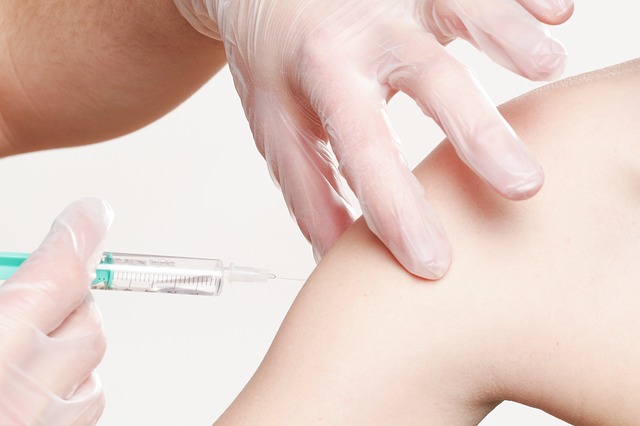Social media companies face increasing scrutiny for amplifying fringe anti-vaccine sentiment amid measles outbreaks in several states like Washington. In response, Facebook, YouTube and Pinterest recently made headlines by announcing initiatives to reduce vaccine misinformation on their platforms.
Brendan Nyhan, a professor of public policy at the Ford School, recently wrote in “The New York Times” that while social media platforms play a role in spreading misinformation about vaccinations, it’s state legislatures with their power of law that can really affect outcomes.
“Social media may simply provide a new pretext for hesitant parents who would otherwise cite a different reason for their decision,” writes Nyhan. “In other words, we may be mistakenly treating what is largely a symptom of vaccine hesitancy as its cause — an example of a recurring pattern in which we fault social media for causing problems that it is merely making more visible.”

